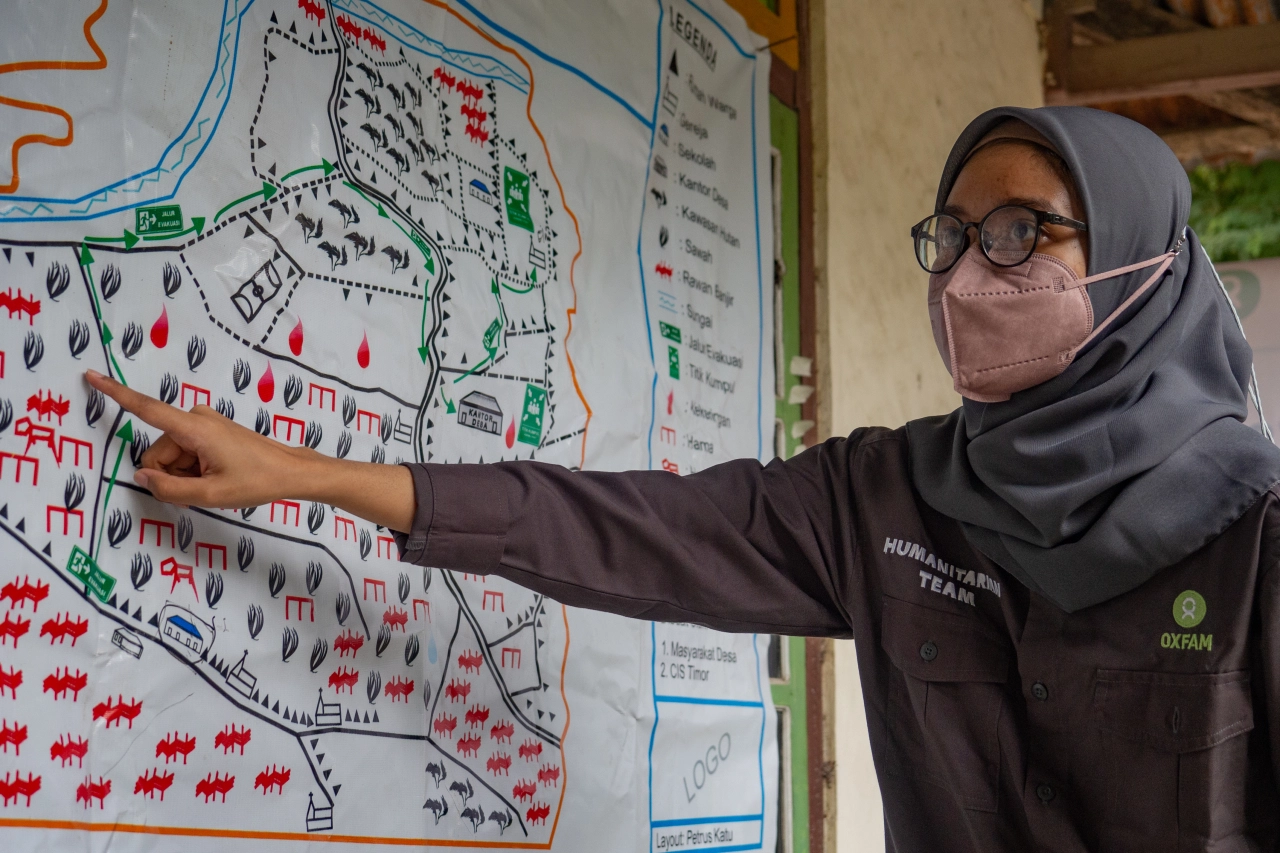
At a glance
High quality and novel research lays the foundation for our projects, campaigns and advocacy work
Research provides essential information about what needs changing, how people are affected, and positive change strategies. We take evidence seriously; investing in staff, commissioning research projects, evaluating impact and focusing on uptake.
Oxfam staff commission, conduct and collaborate on research, as researchers, evaluation and monitoring specialists, or policy advisors. We develop methods that can give better insights on hidden issues and silenced voices. And we provide methodological guidance, peer review, and support on how to plan, manage and analyse research. Oxfam research is:
- Change- and action-focused. Findings are tailored for activism. They are used to influence policy and practice change, shifting people’s hearts and minds in ways that reduce poverty and inequalities.
- Methodologically diverse. Research can range from quantitative data analysis of inequality trends to story-based research on gender norms.
- Co-created. Work is undertaken with the people who will use the findings, whether for advocacy, programmes or campaigns.
- Intersectional and gap-filling. The issues needing the world’s attention are central to our focus, where problems collide and inequalities compound, or glaring gaps that need attention.
The Oxfam Research Network supports the building of evidence for our work and that of our partners.
Inclusive Language Guide

Research Ethics: A practical guide

Youth-Led Participatory Action Research Guides

Emergent Agency in a Time of COVID-19: Research report

Global Megatrends: Mapping the forces that affect us all

Integrating Gender in Research Planning

Conducting Semi-structured Interviews

Undertaking Research with Ethics

Writing Terms of Reference for Research

Photo captions and credit
Rachma Rahim, monitoring and evaluation officer for Oxfam, discusses the Bena village risk map. Elizabeth Stevens/Oxfam





